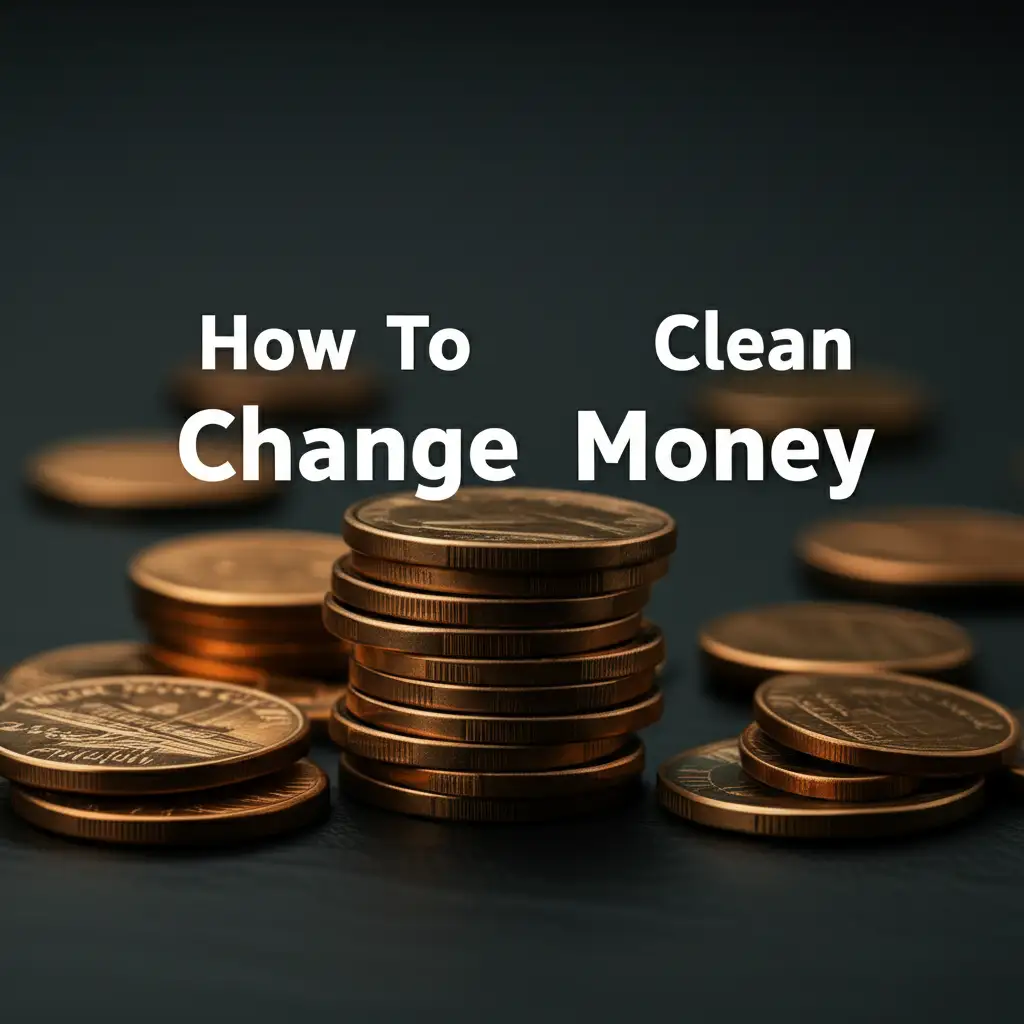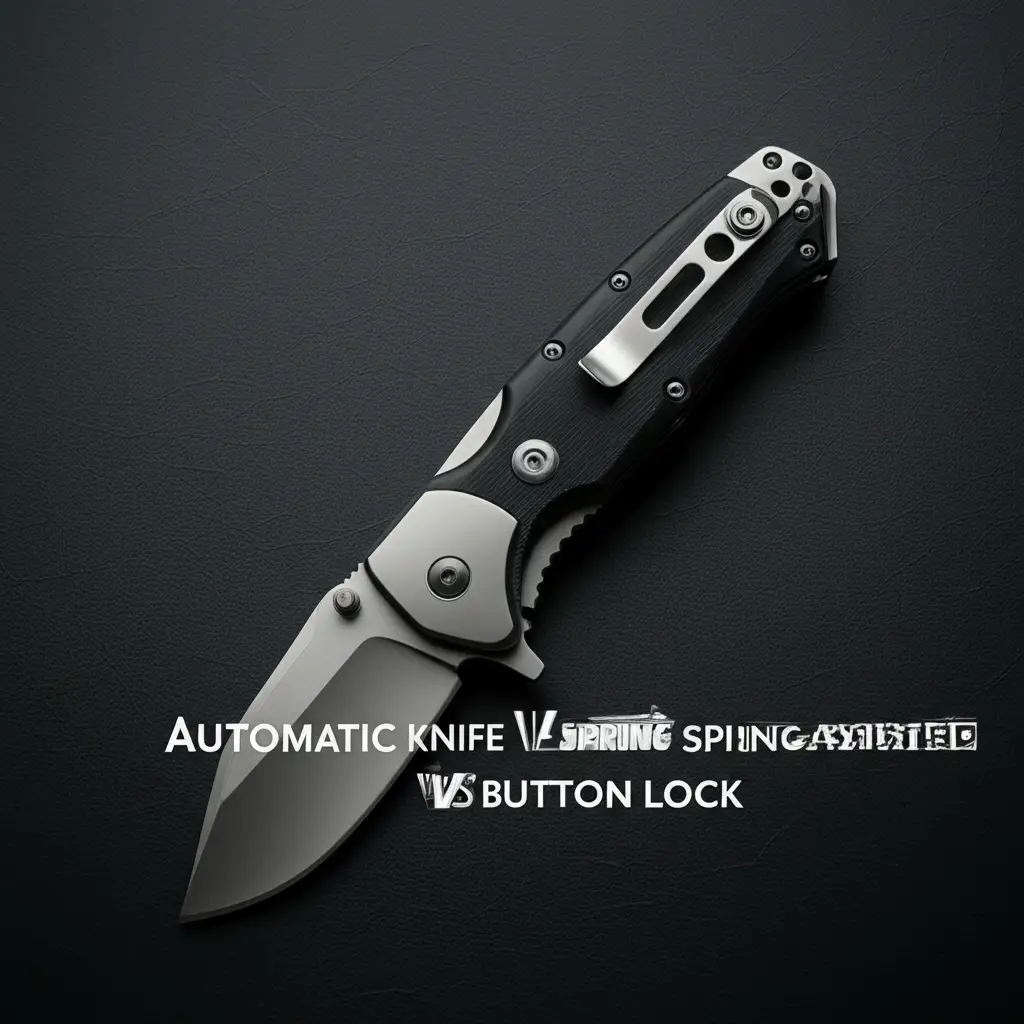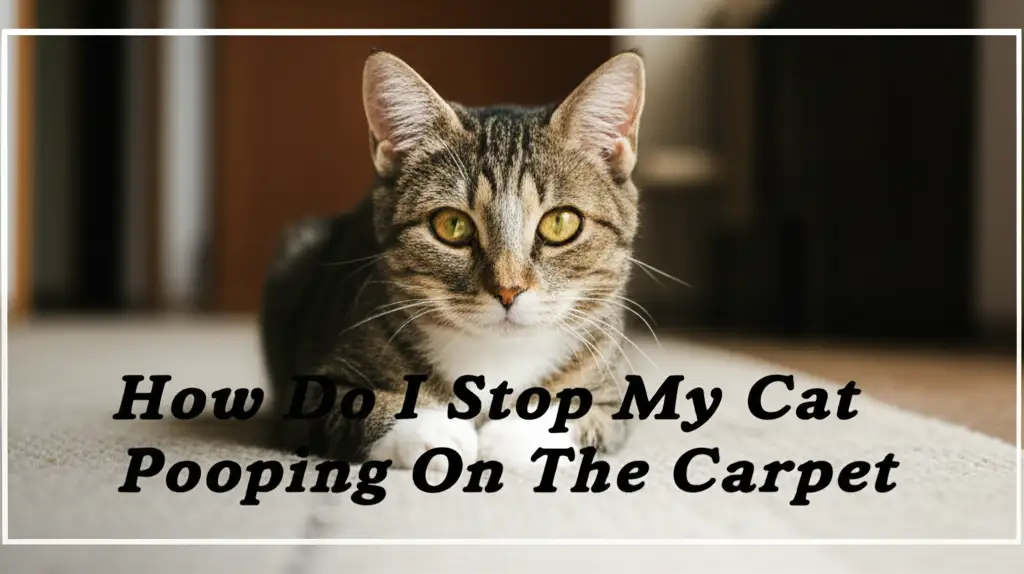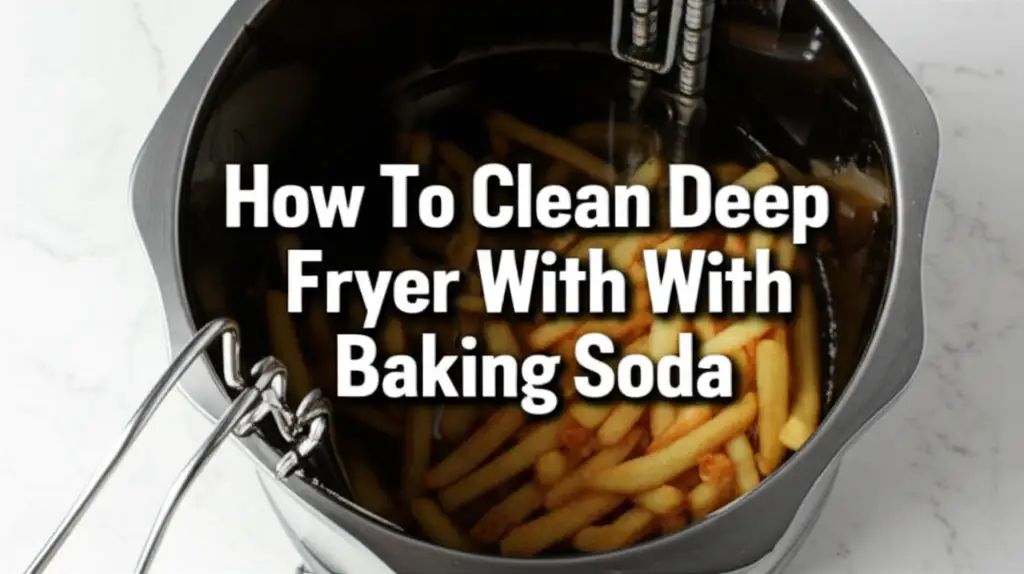· Elira Thomsen · Home & Cleaning · 15 min read
How To Clean Change Money

How To Clean Change Money Effectively
We touch money every day. Think about it: our coins and bills pass through countless hands. They pick up dirt, grime, and germs. This makes them look dull and feel unclean. You might wonder if there is a good way to clean change money. Yes, there are simple, safe methods to make your currency fresh.
Cleaning your money offers many benefits. It improves appearance and removes germs. This article explains how to clean coins and paper bills safely. I will share tips for different types of currency. I will also cover important safety steps and what to avoid. Get ready to learn how to keep your money tidy and hygienic.
Takeaway
- Coins: Use mild soap and water, vinegar baths, or specialized cleaners.
- Paper Bills: Wipe gently with alcohol wipes or use a damp cloth with extreme care.
- Safety First: Always wear gloves and work in a ventilated area.
- Avoid Damage: Do not use abrasive materials or harsh chemicals.
- Value: Cleaning can reduce the value of collectible or old currency.
How do you clean change money?
You clean change money by using gentle methods. For coins, mild soap and water or a vinegar bath can work. For paper bills, carefully wiping with a disinfectant wipe or a slightly damp cloth helps remove dirt. Always prioritize safety and avoid actions that might damage the currency.
Why Clean Your Currency? More Than Just Looks
Have you ever thought about what is on your money? Coins and paper bills are some of the most handled items we encounter. They travel through many hands, pockets, and cash registers. This constant movement makes them gather dirt, oils, and unseen microorganisms.
Cleaning your currency offers clear benefits. First, it makes your money look better. Dull, grimy coins regain some shine. Discolored bills appear fresher. Second, and perhaps most important, cleaning helps with hygiene. Money can carry germs from many places. Reducing these germs promotes better health. You feel more comfortable handling clean money. Lastly, removing grime might help preserve the physical condition of certain coins.
Many people wonder if it is even possible to clean money without damage. It is possible with the right approach. We will discuss methods for both coins and paper bills. My goal is to show you safe and effective ways to clean change money. Always remember, the aim is to improve hygiene and appearance, not to restore antique value.
Cleaning Coins: Simple Methods for Metal Change
Cleaning coins is generally easier than cleaning paper money. Coins are durable and made of metal. You can use several common household items. Always handle coins with clean hands or gloves before and after cleaning. This prevents new dirt or oils from transferring.
Mild Soap and Water Wash
This is the simplest and safest method. It works well for everyday dirt and grime. I often start here because it causes the least risk.
- Gather Supplies: You need warm water, mild dish soap, and a soft cloth or toothbrush.
- Soak Coins: Place your dirty coins in a bowl. Pour warm water over them. Add a few drops of mild dish soap. Let the coins soak for 10-15 minutes. This softens the grime.
- Scrub Gently: Take one coin at a time. Use the soft cloth or toothbrush to gently scrub its surface. Focus on areas with visible dirt. Avoid harsh scrubbing.
- Rinse Thoroughly: Rinse each coin under clean, running warm water. Ensure all soap residue is gone. Soap residue can leave a film.
- Dry Completely: Lay the coins on a clean, absorbent cloth or paper towel. Allow them to air dry completely. You can also pat them dry with a soft cloth. Make sure no moisture remains to prevent tarnishing. Proper drying is key for maintaining household items.
Vinegar and Salt Bath
Vinegar is a mild acid. It works well for tarnished or oxidized coins. This method is good for copper and brass coins. Do not use this on valuable or collectible coins.
- Prepare Solution: Mix 1/4 cup white vinegar with 1 teaspoon of salt in a small bowl. Stir until the salt dissolves.
- Submerge Coins: Place your coins in the solution. Let them soak for a few minutes. Watch them closely. You will see the tarnish start to lift. Do not leave them too long. Over-soaking can damage the coin surface.
- Scrub and Rinse: Remove the coins. Use a soft cloth or toothbrush to gently scrub any remaining tarnish. Rinse each coin thoroughly under running water. Remove all vinegar and salt. Proper rinsing prevents further chemical reactions on the coin surface. This is similar to general cleaning tips for metal objects.
- Dry Fully: Dry the coins completely using a soft towel or by air drying. Ensure no moisture remains.
Lemon Juice and Baking Soda Paste
This combination forms a gentle abrasive. It helps remove stubborn stains. Use this method with caution.
- Mix Paste: Squeeze fresh lemon juice into a small bowl. Add baking soda slowly, stirring until you form a thick paste.
- Apply to Coins: Apply a small amount of the paste to a coin. Use your fingers or a cotton swab.
- Rub and Rinse: Gently rub the paste over the coin surface. The paste acts as a mild scrub. Rinse the coin immediately under warm water. Remove all paste residue.
- Dry: Dry the coin completely with a soft cloth.
Always test any method on one coin first. See how it reacts before cleaning a whole batch. This prevents accidental damage to your currency.
Cleaning Paper Bills: Handle with Extreme Care
Cleaning paper money is much harder than cleaning coins. Paper bills are fragile. They are made of a special blend of cotton and linen. Harsh chemicals or excessive water will damage them. The goal here is gentle surface cleaning. You want to remove dirt, not wash the bill.
Gentle Wiping with Disinfectant Wipe
This method works for surface dirt and germs. It is important to use a wipe that is not too wet. I find this method the safest for paper currency.
- Choose Wipe: Get a disinfectant wipe. Make sure it is not soaking wet. Squeeze out excess liquid if needed. The wipe should feel damp, not dripping. Wipes designed for electronic screens are often good. They contain less harsh chemicals.
- Lay Flat: Place the paper bill on a clean, flat surface. Ensure it is smooth and uncreased.
- Wipe Gently: Take the damp wipe. Gently wipe one side of the bill. Use light, even strokes. Do not press hard. Avoid scrubbing motions. Flipping the bill over, repeat on the other side. You are just wiping the surface. Be careful not to tear or wrinkle the bill. Gentle disinfecting surfaces is the goal here.
- Air Dry: Do not stack the bills while wet. Lay them flat on a clean, dry surface. Allow them to air dry completely. This might take some time. Ensure they are fully dry before folding or using them. Any moisture can cause mold or damage.
Damp Cloth with Mild Soap
This method is similar but uses a cloth. It requires even more care with water. I use this only for very noticeable dirt spots.
- Prepare Cloth: Get a clean, soft cloth. Dampen it with a tiny bit of water. Add a single drop of mild liquid hand soap to the cloth. Work the soap into a slight lather on the cloth. The cloth should be barely damp, not wet.
- Spot Clean: Gently dab or wipe the dirty spot on the bill. Do not rub. You are lifting the dirt, not spreading it.
- Rinse Cloth: Rinse your cloth with plain water. Wring it out very well. It should be almost dry.
- Wipe Soap Residue: Gently wipe the cleaned spot with the damp, soap-free cloth. This removes any soap residue.
- Air Dry: Lay the bill flat to air dry completely. Ensure no moisture remains.
Remember, paper bills are delicate. You cannot treat them like coins. Aggressive cleaning will damage the ink or the paper itself. Tears or significant water damage can make the bill unusable. Always prioritize gentle handling.
Safety Precautions and What to Avoid
When you clean change money, safety is paramount. You are dealing with chemicals and potentially germ-laden objects. Proper precautions protect you and the currency. Avoiding certain actions helps prevent damage or injury.
Essential Safety Measures
- Wear Gloves: Always wear disposable gloves when handling dirty money or cleaning agents. This protects your hands from dirt, germs, and chemicals. It also prevents your skin oils from transferring to the clean money. I always keep a box of gloves ready for cleaning tasks.
- Work in a Ventilated Area: Some cleaning solutions, even mild ones, can produce fumes. Work near an open window or in a well-ventilated room. This ensures good air circulation. It prevents you from inhaling any strong odors.
- Keep Away from Children and Pets: Cleaning agents are not toys. Store them safely out of reach of children and pets. Do not leave cleaning coins or bills unattended. Ensure a safe home hygiene basics environment.
- Read Product Labels: If you use any commercial cleaning products, read their labels. Follow all instructions carefully. Pay attention to warnings about skin contact or ventilation. This is a critical part of safe handling chemicals.
What to Absolutely Avoid
- Harsh Chemicals: Never use bleach, ammonia, strong acids, or abrasive cleaners on money. These chemicals will damage the currency. They can remove ink from bills or corrode coins. They might also pose a risk to your health.
- Abrasive Materials: Do not use steel wool, scouring pads, or stiff brushes. These will scratch coins and tear paper bills. Gentle materials are always best.
- Washing Machines or Dishwashers: Do not put money in washing machines or dishwashers. The extreme heat, harsh detergents, and agitation will destroy both coins and bills. Paper money will disintegrate. Coins may become permanently discolored or damaged.
- Excessive Water: For paper money, too much water is the enemy. It will cause the bill to swell, wrinkle, or tear. The ink can also run. Aim for barely damp, not wet.
- Drying with Heat: Do not use hair dryers, ovens, or direct sunlight for drying. High heat can warp, shrink, or damage the currency. It can also cause discoloration. Air drying is always the best method. Refer to good drying techniques for best results.
- Cleaning Collectible Currency: Do not clean rare coins or antique bills. Cleaning them, even gently, can significantly reduce their collector’s value. Collectors prefer original condition. If you think a coin or bill might be valuable, consult an expert first. This is a common warning for caring for collectibles.
Following these guidelines ensures your cleaning efforts are safe and effective. You protect yourself and your currency from harm.
Storing and Maintaining Clean Currency
Once you have cleaned your change money, proper storage helps maintain its cleanliness and condition. Storing money correctly prevents new dirt or damage. It also keeps your efforts from going to waste.
Storing Coins
- Coin Wraps or Tubes: For everyday coins, coin wraps are useful. They keep coins organized and clean. Plastic coin tubes also work well for larger quantities. They protect coins from dust and contact.
- Airtight Containers: If you want to keep coins extra clean, use small airtight containers. These prevent exposure to air and moisture. Air and moisture can cause tarnishing over time. Ensure coins are completely dry before sealing them.
- Cool, Dry Place: Store all coins in a cool, dry environment. Avoid places with high humidity. Basements or garages can be too damp. Humidity promotes tarnishing and corrosion.
Storing Paper Bills
- Wallets and Purses: For daily use, a clean wallet or purse is best. Make sure your wallet is free of excessive dust or debris. This keeps your bills from picking up new dirt.
- Bill Straps or Envelopes: If you have larger amounts of paper money, use bill straps or clean envelopes. These keep bills flat and organized. They also protect them from creases or tears.
- Dry and Flat: Store paper bills flat in a dry place. Avoid folding them unnecessarily. Consistent folding can weaken the paper fibers. A desk drawer or a clean box works well. Do not store bills in damp areas. Moisture can cause mold growth or make the paper stick together.
General Maintenance Tips
- Wash Hands Regularly: After handling money, wash your hands. This is the simplest hygiene practice. It removes any germs picked up from currency.
- Handle with Care: Always handle money carefully. Avoid crumpling bills or dropping coins. Careful handling extends the life of your currency.
- Regular Cleaning: You do not need to clean your money often. Clean it when it looks noticeably dirty or feels grimy. Over-cleaning can be harmful. A light cleaning every few months for heavily circulated money is often enough.
By following these storage and maintenance tips, you ensure your money stays clean. This keeps it presentable and reduces germ spread. It is a small step that makes a difference.
When Not to Clean Your Money: Understanding Collectible Value
It is important to know when to avoid cleaning money. This is especially true for currency with potential collectible value. Cleaning these items can severely decrease their worth. What looks like dirt to one person is valuable patina to a collector.
What Makes Currency Collectible?
Collectible currency includes rare coins, old bills, or items with errors. Coins from specific eras or mints might be valuable. Bills with unique serial numbers or printing mistakes also have high value. Their value comes from their originality and scarcity. Collectors want items in their original state. Any alteration, even cleaning, is a form of damage.
The Impact of Cleaning on Value
- Removes Patina: Coins develop a layer called “patina” over time. This is a natural oxidation process. Patina often signifies age and authenticity to collectors. Cleaning removes this patina. It makes the coin look unnatural. This greatly reduces its value.
- Causes Scratches: Even soft cloths can leave tiny scratches. These are called “hairlines.” Hairlines are visible under magnification. They reduce a coin’s grade and value.
- Damages Paper: Cleaning paper money can tear, crease, or discolor it. It might also remove original features like watermarks. These damages are permanent. They make the bill less appealing to collectors.
- Alters Surface: Cleaning chemicals can react with the metal or paper. This alters the surface of the currency. The altered appearance is usually undesirable to experts.
How to Identify Potentially Valuable Currency
If you find an old coin or bill, do not clean it immediately. Take these steps first:
- Check Date and Mint Mark: For coins, look at the date and any small letters (mint marks). Research these online or in a coin guide. Some dates and mint marks are rarer than others.
- Examine Condition (Without Touching Too Much): Look at the overall condition. Is it unusually well-preserved for its age? Does it have any unique features or errors? Avoid rubbing or cleaning it.
- Consult an Expert: The best step is to show it to a coin dealer or currency expert. They can identify its authenticity and potential value. They will tell you if it is safe to clean. They often advise against cleaning unless it is purely for personal hygiene on common currency.
Remember, the vast majority of circulating money is not collectible. Cleaning common change for hygiene is fine. But always pause before cleaning anything that seems old or unusual. A quick check can save a potentially valuable item from being ruined. Do your research before you clean. This caution is similar to caring for collectibles of any kind.
Frequently Asked Questions
Is it safe to clean money?
Yes, it is safe to clean common circulating money with gentle methods. Use mild soap and water for coins. For paper bills, use a slightly damp disinfectant wipe. Always prioritize safety and caution. Avoid harsh chemicals or excessive water. This prevents damage to the currency.
Can you put money in the washing machine?
No, never put money in the washing machine or dishwasher. The high heat, strong detergents, and agitation will destroy paper bills. Coins may also suffer damage like discoloration or corrosion. Always use gentle, manual cleaning methods for currency.
How do you clean really dirty coins?
For very dirty coins, start with a soak in warm, soapy water. If grime persists, try a short soak in a white vinegar and salt solution. Lemon juice and baking soda paste can also work. Always rinse thoroughly and dry completely afterward. Avoid abrasive materials.
Does cleaning money devalue it?
Cleaning common circulating money usually does not devalue it for everyday use. However, cleaning collectible or rare currency can significantly reduce its value. Collectors prefer items in their original condition. Always consult an expert before cleaning any potentially valuable coin or bill.
How often should I clean my money?
You do not need to clean your money often. Clean it when it appears visibly dirty or feels grimy. For everyday change, a light cleaning every few months for heavily used coins might be enough. Over-cleaning can cause unnecessary wear.
What about foreign currency?
Handle foreign currency with the same care as domestic money. Cleaning methods for coins generally apply. For paper currency, check if it is made of paper or polymer. Polymer bills are more durable and waterproof. Research the specific currency type if you are unsure.
Conclusion
Cleaning change money can make your daily transactions feel cleaner and more pleasant. We have covered safe and effective methods for both coins and paper bills. Remember, a gentle approach is always best. For coins, mild soap and water, vinegar, or lemon juice can bring back some shine. For paper bills, a careful wipe with a damp disinfectant cloth can remove surface grime.
My aim was to show you simple steps to keep your currency hygienic. Always wear gloves and work in a well-ventilated space. Remember to avoid harsh chemicals, abrasive scrubbers, and machine washing. Most important, if you suspect a coin or bill might be valuable, do not clean it. Seek expert advice instead. By following these guidelines, you can safely clean change money. This helps maintain both its appearance and your personal hygiene. Take charge of your currency today.





